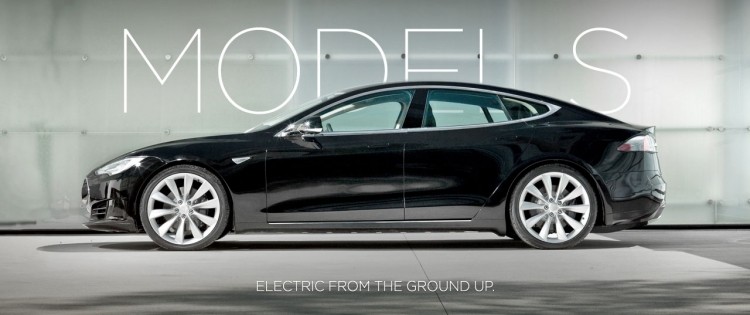
Last month Tesla CEO Elon Musk announced a partnership with two major banks that would make it easier than ever for potential customers to secure financing when purchasing the company’s Model S electric car. The executive used some creative accounting principles to arrive at the conclusion that it would cost less than $500 per month to own the sedan.
Musk has since revised the financing plan following criticism from members of the press. Under the new plan, would-be owners can now expect the cost of ownership to be a bit higher (and perhaps more reasonable) at $580 per month which again takes into account projected savings from using electricity versus gasoline, depreciation and a number of other factors. The cost of ownership for business use can be as low as $315, Tesla notes.
One of the major changes to the plan is an updated resale value guarantee. Previously, Tesla guaranteed that buyers would have the option to sell their Model S back to the company for the same residual value as a Mercedes S Class. New terms now state the resale value will be higher than Audi, BMW, Jaguar, Lexus or Mercedes.
Tesla has also extended the length of time an individual can finance a Model S from 63 months to 72 months through Wells Fargo and US Bank. The extended financing option is designed to make monthly payments more affordable for potential buyers.
Interested parties can check out Tesla’s revised cost of ownership calculator to get a better idea of exactly how much it would cost to own and operate a Model S on a monthly basis.
https://www.techspot.com/news/52472-tesla-revises-in-house-financing-plan-for-model-s-buyers.html